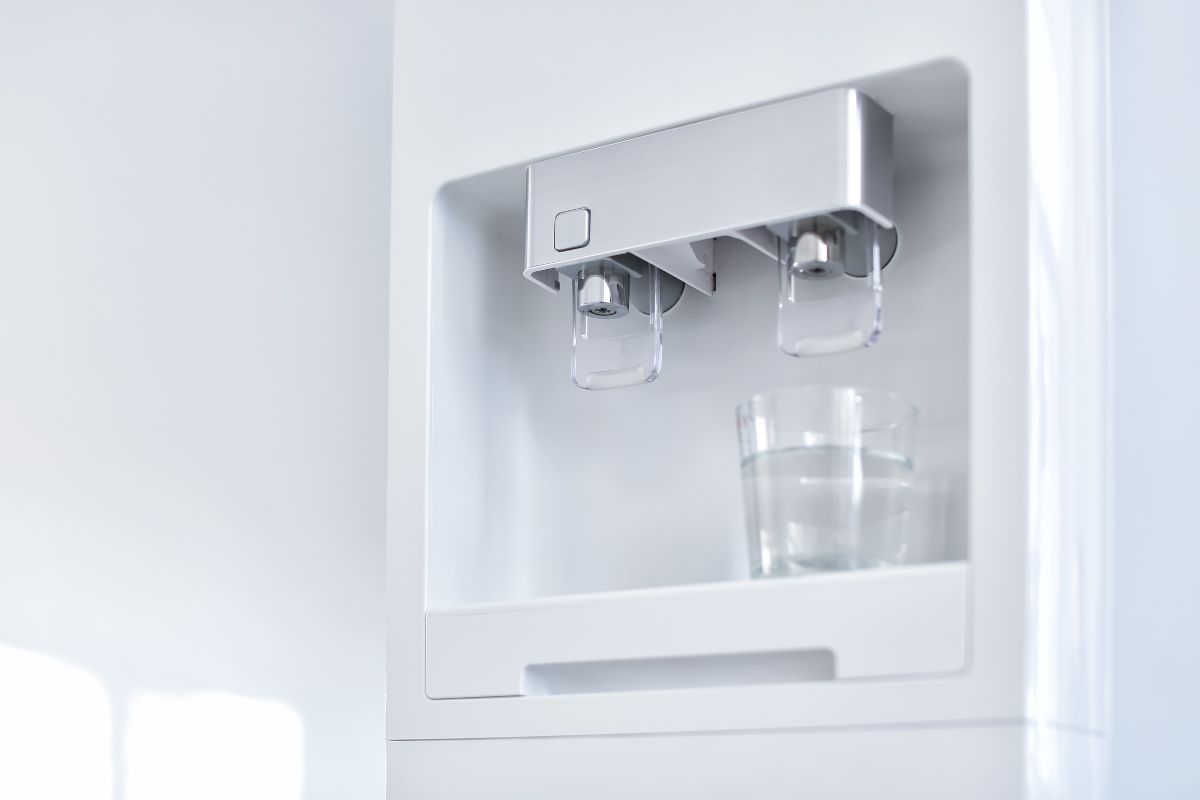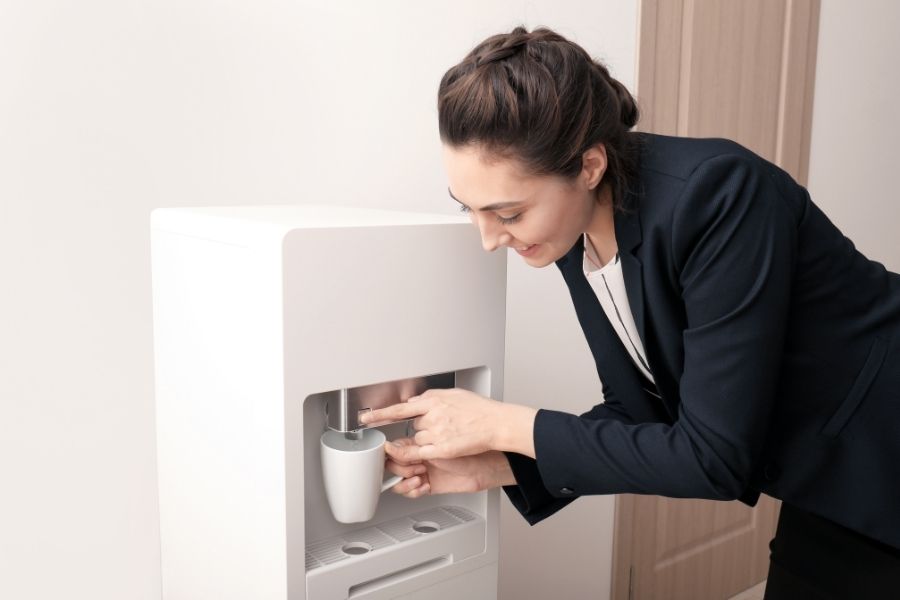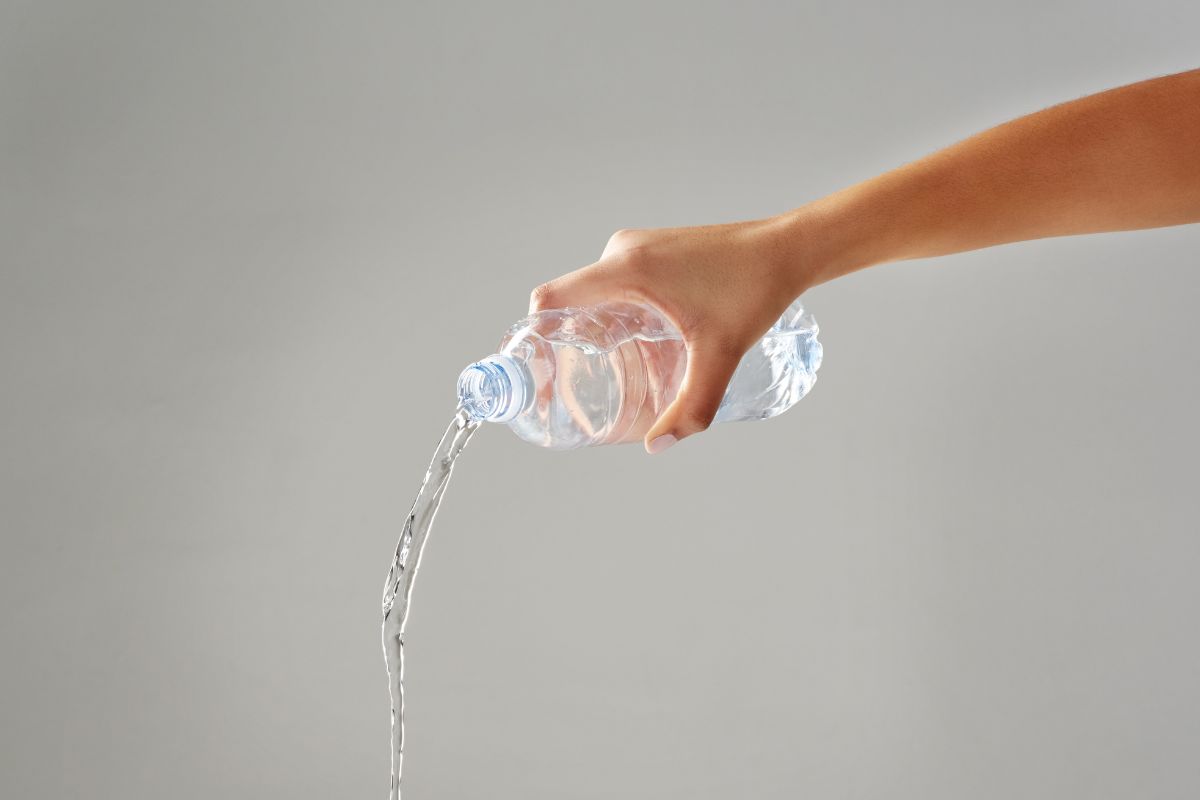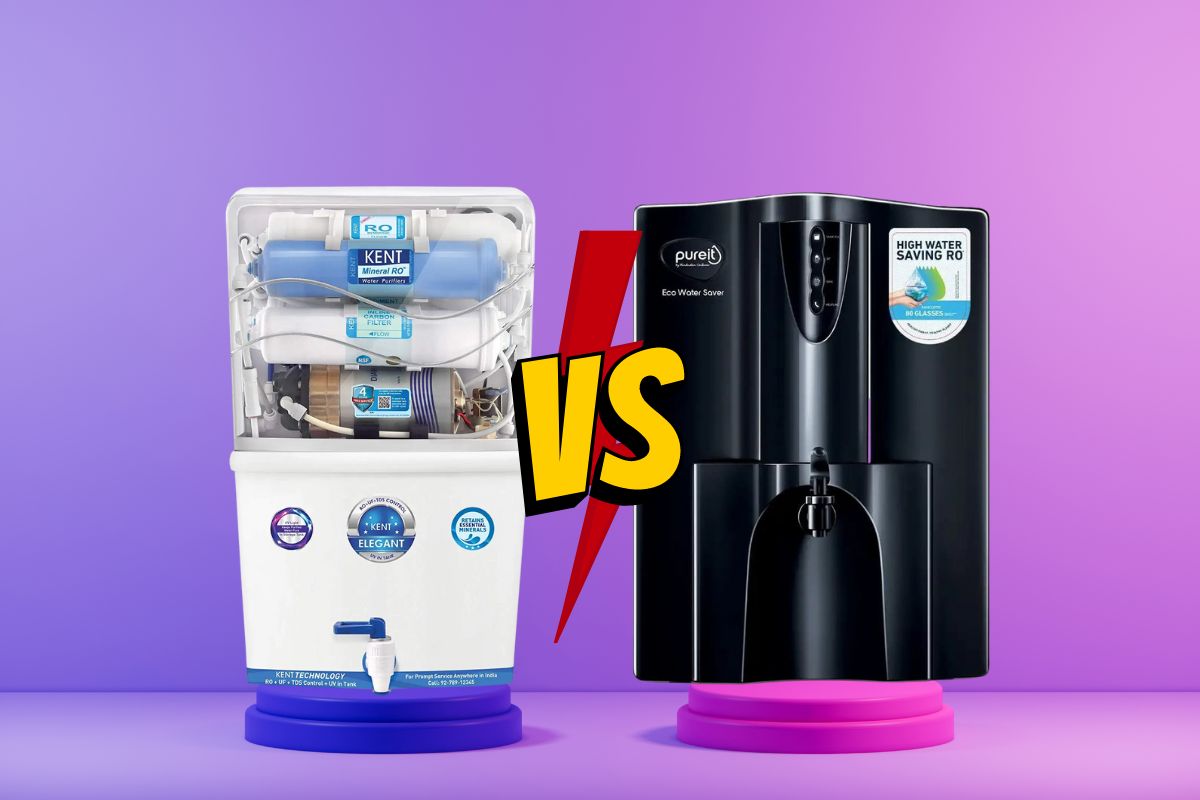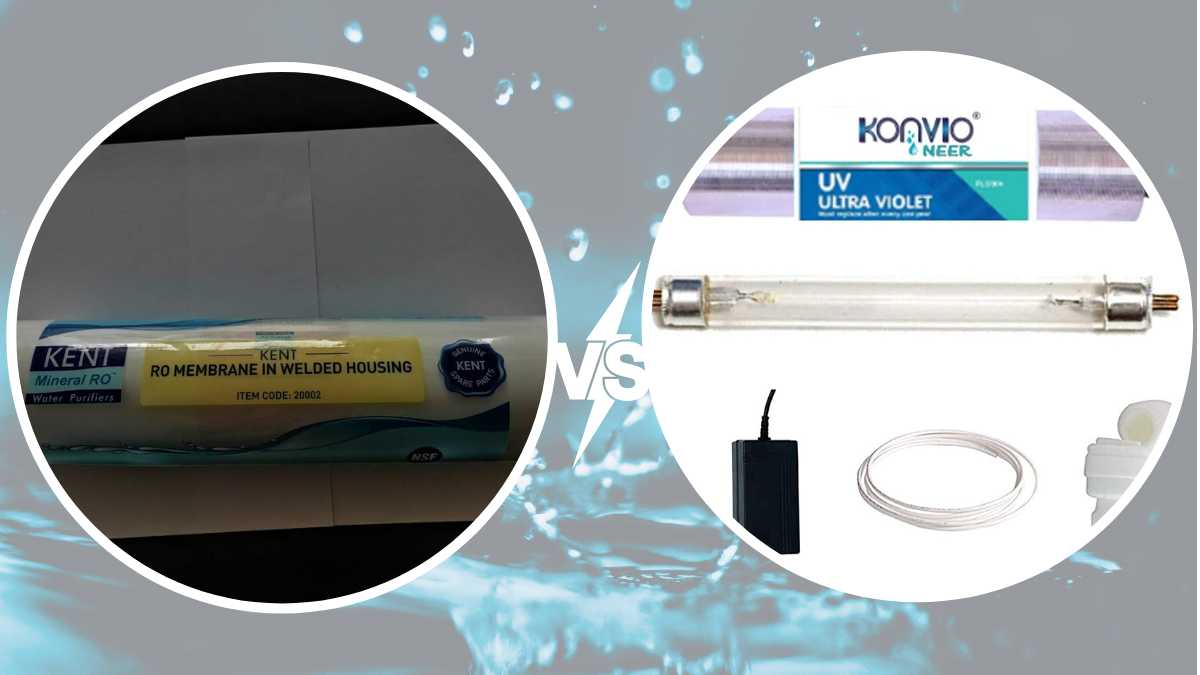
Faced with the plethora of contamination issues, Indian homes must make the critical choice of finding a water purification system that best fits their personal needs. This decision is not made lightly, as the health and well-being are at stake. In this article, we strive to shed light on the peculiarities of Reverse Osmosis (RO) and Ultraviolet (UV) water purifiers, analyzing the strengths and weaknesses of each technique. In an era when the purity of our drinking water can no longer be taken for granted, understanding the many intricacies of these technologies becomes very essential for protecting your home. Understanding the workings of an RO or UV water purifier is the main basis of choosing the right water purifier for a home.
Understanding Water Purification Technologies
The search for clean drinking water in India has given rise to a variety of water purification technologies that are specifically tailored to the targeting of particular contaminants and quality concerns. Water purification technology has played a very critical role in the safety of drinking water, which has become a very common aspect in many homes. With a wide range of solutions, the major types of water purifiers are Reverse Osmosis (RO), Ultraviolet (UV), and also Ultra-filtration (UF) systems. These technologies demonstrate methods of water filtration techniques, filtering the water to achieve the drinking standards as set by the health authorities.
RO systems operate by forcing water through a semi-permeable membrane, rendering the dissolved solids ineffective and making them the preferred options in areas with hard water. Instead, UV purifiers use a germicidal UV lamp to disable the pathogens, which ensures that the water is devoid of harmful microorganisms. The UF purifiers use a membrane that is somewhat larger than an RO membrane to clean the water by removing larger particles and bacteria. These water filters are very essential elements of the attempt to clean the water and protect the public health.
The shared goal is not only to provide potable water but also to ensure that it is of the best quality for human health. By choosing the right water purification system to install, residents can ensure the safety of themselves and also their families against the wide variety of waterborne hazards.
| Technology | Contaminants Removed | Operational Requirement |
| RO | ✔ Dissolved solids, metals, salts | ✔ Electricity, high water pressure |
| UV | ✔ Bacteria, viruses | ✔ Electricity, pre-filtered water |
| UF | ✔ Suspended particles, bacteria, some viruses | ❌ None (gravity-based) |
The ideal water purification system for any household relies on the nature of the impurities in the source of water and the quality of the final product. These ground-breaking technologies, with their distinct features and advantages, point to the many advances that have been made in water filtering to ensure safe and good quality drinking water throughout India.
Comparing the RO and UV Water Purification Systems
The RO vs. UV debate is a very crucial discussion point for consumers in the pursuit of pure drinking water. Both technologies have their strengths and serve different roles in the process of purification. It is very critical to understand the functionality of these systems to make a sound decision when selecting a home water purification system.
RO Water Purification: What Is It and How Does It Work?
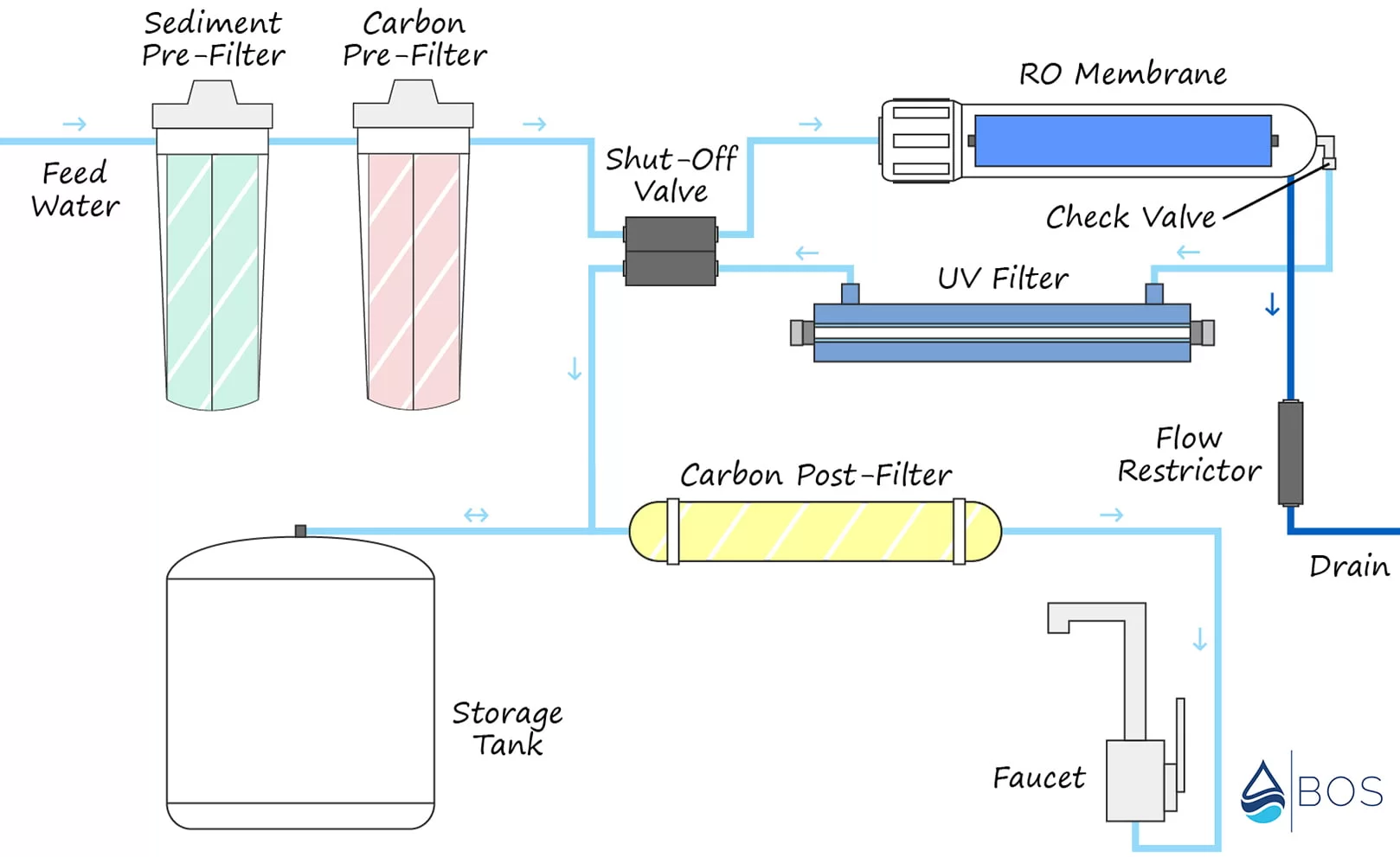
RO water purification means reverse osmosis water purification, an elaborate process where the water passes through an RO membrane. The procedure cleans the water through a semi-permeable layer, which thoroughly rejects most of the contaminants, including the dissolved salts and impurities. RO filters are also very effective in converting hard water into soft water that is suitable for drinking. The pore size of an RO membrane is quite very small, allowing it to filter out most of the particles and also microorganisms from the water.
UV water purifiers ensure safe drinking water.
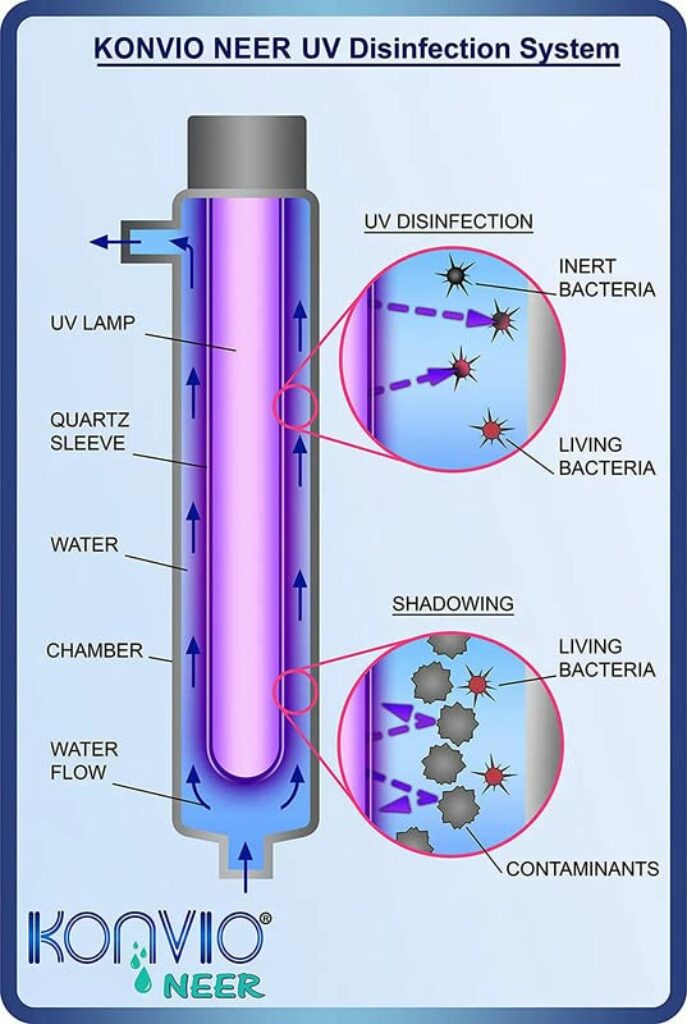
Conversely, UV water purifier systems use ultraviolet water purification methods to make the water safe and clean. A key element of this system is the UV lamp, which emits a particular wavelength of light, which destroys the genetic core of the bacteria and viruses, thus eliminating their ability to reproduce and infect. Among the most important requirements in UV systems is the pre-filtration stage, which is very necessary to ensure that the water is clear enough for the UV lamp to transmit through effectively, as it does not remove the dissolved solids.
RO vs UV: The Differences in Filtration Processes
The difference between RO and UV purification is very clear when one looks at the contaminants each of them targets. RO purification has no match when it comes to dissolved particle filtration, but reverse osmosis water systems are generally slower and require a lot more maintenance, such as RO membrane replacement, to maintain efficiency, than the other systems. On the other hand, UV purifiers offer quick sterilisation, but they do not change the hardness of the water nor do they filter out the chemicals and heavy metals.
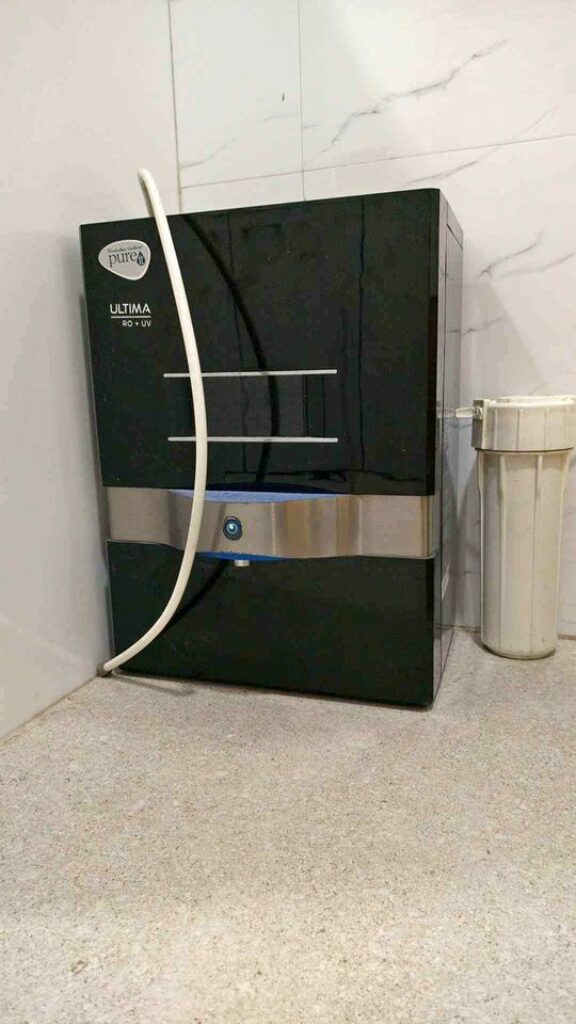
In discussing RO vs UV water filtration, it is very crucial to take into account the distinct advantages and also limitations. These systems combine an RO water purifier with a UV filter, thus making full use of the many advantages of RO and UV water purification. We clarify the individual capabilities of each system to express their differences below:
| Feature | RO Purification | UV Purification |
| Contaminants Removed | Dissolved salts, metals, particles | Bacteria, viruses |
| Water Softening | Yes | No |
| Filter Replacement | RO membrane and filters | UV lamp annually |
| System Maintenance | High | Low to moderate |
| Energy Consumption | Higher due to the pump | Lower |
| Pre-filtration Requirement | Recommended | Essential |
Understanding the difference between RO and UV, and how they are combined in RO vs UV vs UF systems, is very essential in choosing the best RO and UV water purifier for your home. In the intricate landscape of water purification, it is advisable to think about the impurities found in the water source and the specific requirements of your household when deciding on a choice.
RO or UV Water Purifier: Analysing the Effectiveness
In most households in India, the search for safe drinking water is endless. It is not only essential for the health but also for the durability of the purification system to select the best water purification system to achieve this. When it comes to water purification, RO and UV purifiers are known for their unique capabilities to clean the water by eliminating different impurities.
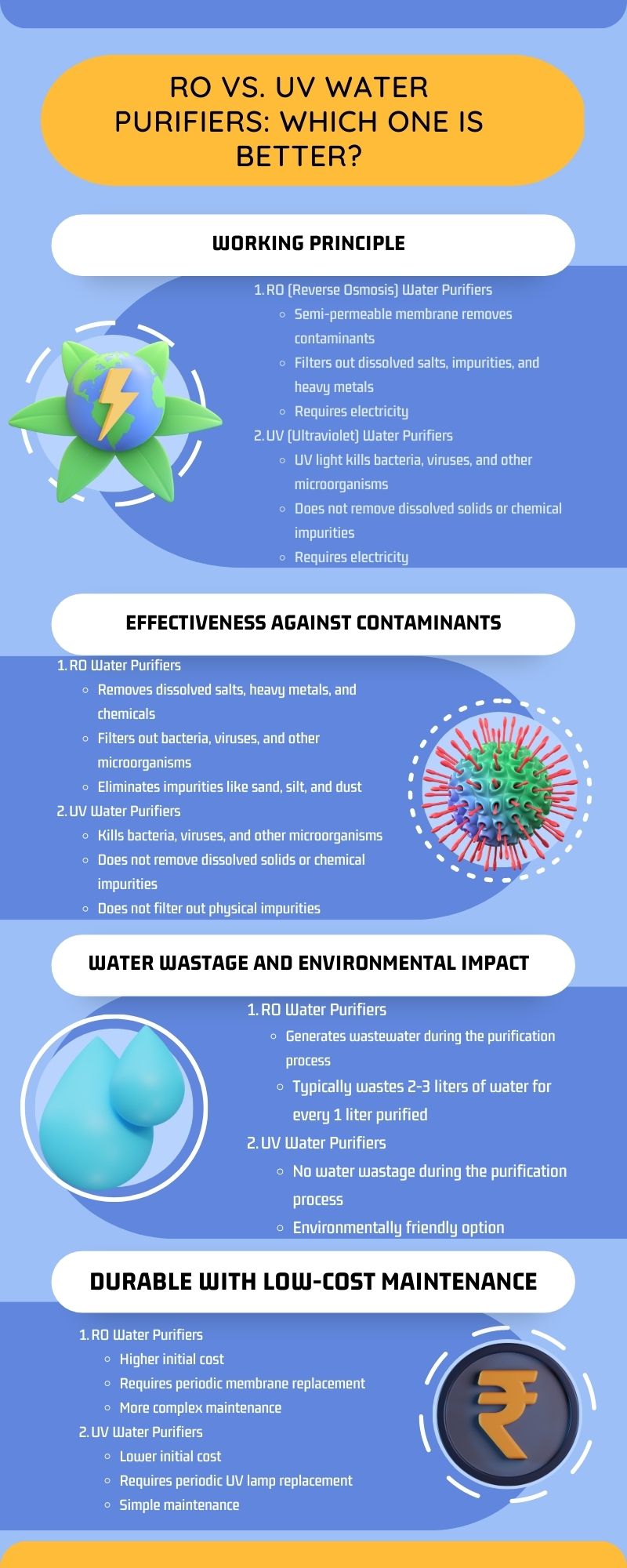
RO water purifiers are characterized by their high rate of extraction of the impurities from the water, which include dissolved minerals and chemicals. On the other hand, UV purifiers do a marvelous job of killing the microorganisms from the water such as bacteria and viruses without altering the chemical content of the water. They all work together to guarantee that the end-user receives clean and very safe drinking water.
The success of these systems is linked to the kind and also the level of contamination in the water source. Let us scrutinise the attributes of each purification method:
RO Systems:
- Very good at softening the water by removing impurities like calcium and also magnesium.
- Efficiency in removing heavy metals such as lead and also mercury from the water.
UV Systems:
- Ability to inactivate the viruses and bacteria, thereby ensuring microbial security.
- Immediate action without changing the taste or the smell of the water.
It is very basic to evaluate the quality of the water and the source before choosing either a system. Localities with high microbial content may be much better served by the UV systems while areas with high mineral content may require an RO system for attaining safe drinking water.
With this in mind, it is also very important to note that the two can be used in conjunction for a complete water purification effect.
| Contaminant Type | RO Purifier Effectiveness | UV Purifier Effectiveness |
| Dissolved Solids | Highly Effective | Not Applicable |
| Microbial Content | Effective (with pre-filtration) | Highly Effective |
| Chemical Contaminants | Highly Effective | Not Applicable |
| Physical Impurities | Effective (with pre-filtration) | Varies (depends on pre-filtration) |
Regardless of whether you are leaning towards an RO or a UV water purification system for your home, the choice should be driven by an informed assessment of the above factors. The aim is to eliminate the contaminants that ensure safe drinking water and also the overall health of your family.
Factors to be considered when selecting a water purifier for your home
With so many water purifiers available in the market, it is very essential to consider many factors to determine which system is ideal for your home. The quality of your local water supply, water pressure, and also maintenance needs of water purifiers are all important factors to consider before the purchase.
Quality of the Water Source
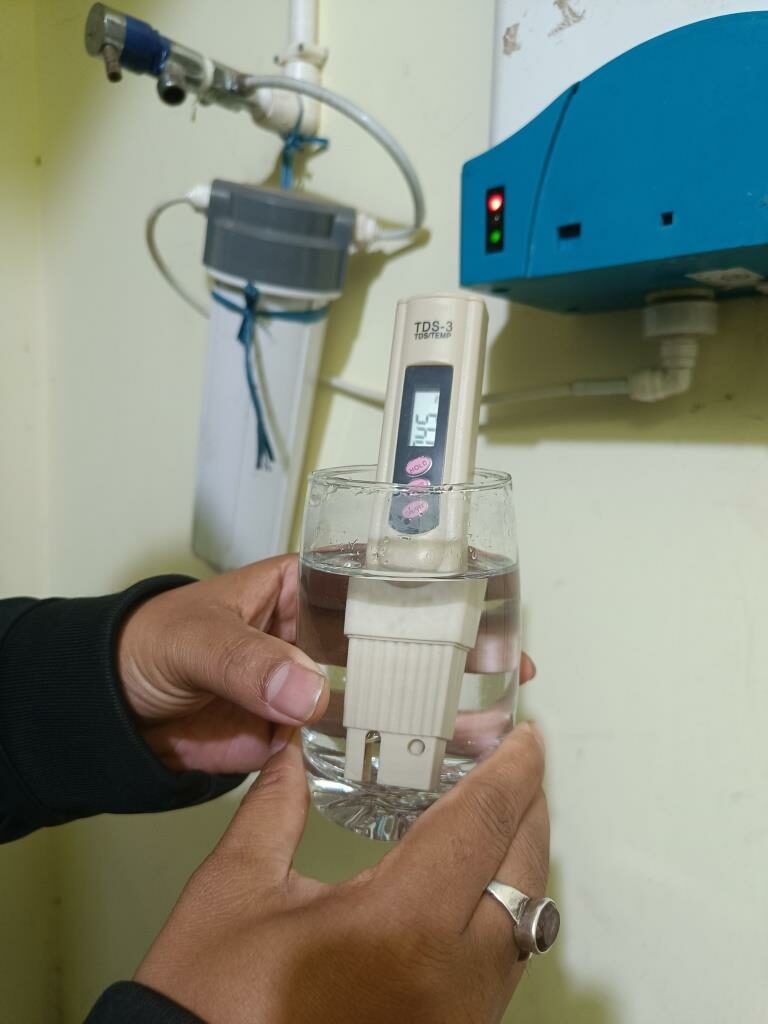
The water that comes from your faucets is your starting point in the quest for clean water. Through testing for common contaminants, you can determine the particular purification requirements of your own home. Regardless of the source of the water, whether it is municipal water bodies or any other source, it is crucial to determine whether you are dealing with the hard water or the residual chlorine.
The presence of sediments, microbes, and also heavy metals will determine whether you will choose an RO purification system or a UV water filter. The inspection of tap water that is no longer pure indicates that you must choose a water purifier for your home that produces clean water.
The role of water pressure in the RO and UV systems
Although both RO and UV systems claim to protect the health of your family, the principle they rely on differs significantly from the water pressure. An RO system relies on a high amount of pressure to force the water through its semi-permeable membrane and enable effective RO purification. On the other hand, UV filters are much less dependent on the water pressure as they use UV lamps to neutralise the pathogens. Solving problems like low water pressure might be very critical to the smooth operation of the RO systems, which guarantees a steady stream of clean water. It is important to recognize that water purifiers depend on the dynamics of the water pressure for their efficient operation.
Understanding the Maintenance Requirements
Investing in a water purifier goes way beyond the installation process. Maintenance, which involves filter replacement and membrane changes, is a must to preserve the high quality of the water. Timely maintenance can lead to a significant extension of the life span of an RO system or a UV water filter, providing a long-term supply of clean water. In addition, familiarity with the complexities of maintenance ensures control over the ongoing costs and also protection from unpredictable breakdowns. When you consider the varied elements of maintenance, keep in mind that a bit of foresight can prevent future troubles and ensure a steady flow of clean water from your filter.
Conclusion
This article has brought out the basic differences and benefits that each system holds when analysing the debate of RO vs UV water purifiers. RO filters are good at turning the hard water into soft water by eliminating the dissolved solids and other impurities and the UV purifiers are also very effective at killing the microorganisms without affecting the chemical composition of the water. The most important point to remember is that each type has a specific function, so the choice between RO and UV water purifiers is based on the specific contaminants in your local water supply.
Although understanding the difference between the UV and UF technologies is very necessary, the combined use of UV and UF water purifiers alongside RO systems could provide a more complete solution. An integrated system can make use of the filtration powers of RO and also the germicidal potential of UV to suit homes that demand significant water purification adjustments. To compare RO vs UV water purifiers is to acknowledge that both can benefit the quality of the water, but not in the same way. It is the combination of these technologies that can make the flavour and also the safety of the drinking water in your home much better.
The installation of a water purification system should be made after careful consideration of the water quality conditions as well as the needs of each household. In conclusion, consumers need to use the knowledge and comparisons provided in this article to choose a system that guarantees the delivery of safe and also clean water. Regardless of whether you prefer an RO, UV, or a hybrid RO+UV system, your selection should reflect your needs, budget and also health needs.



